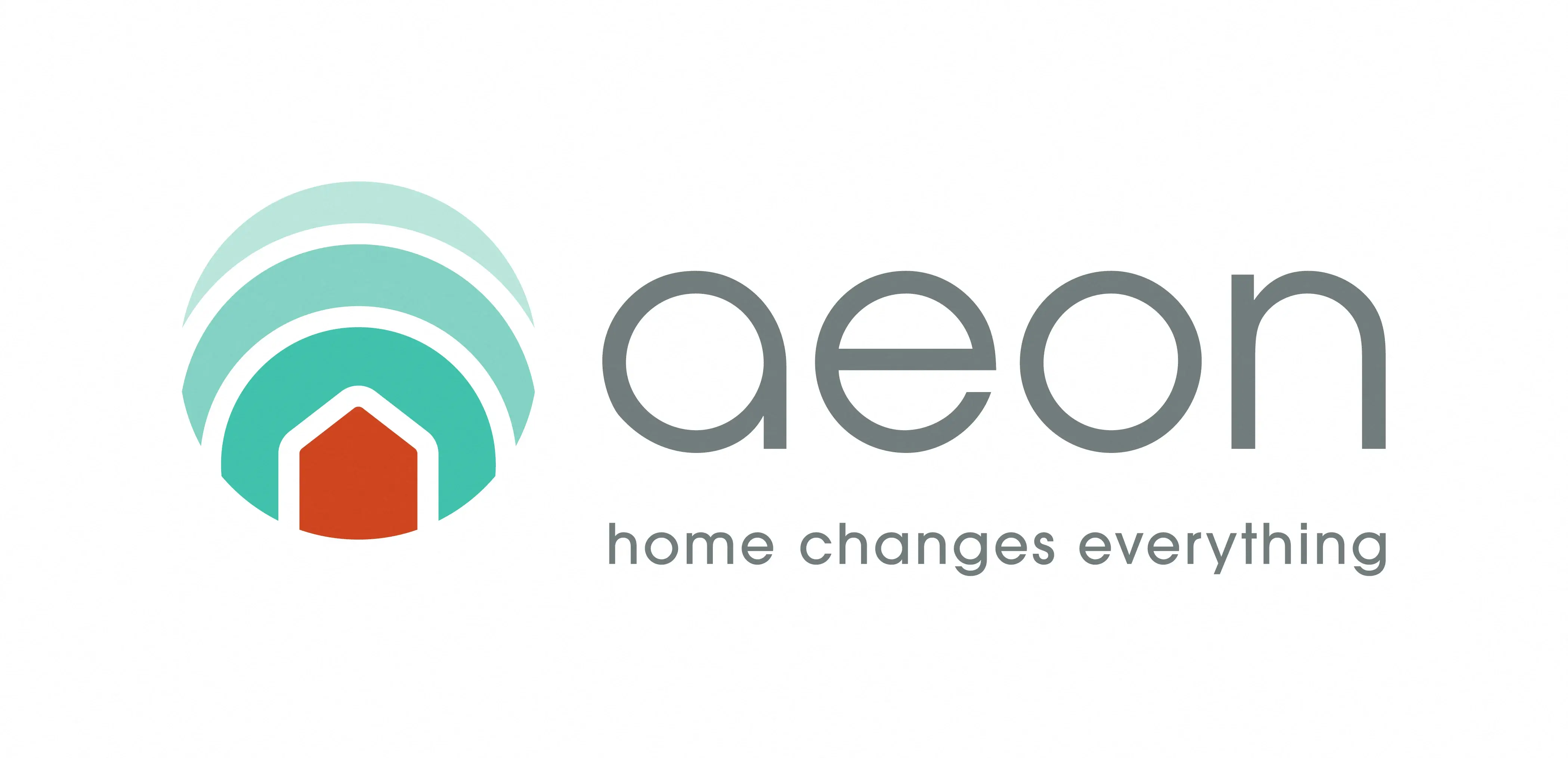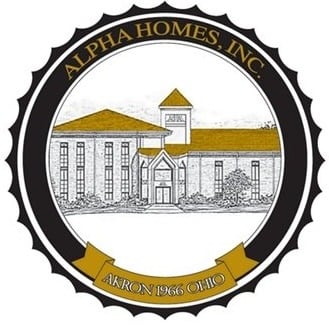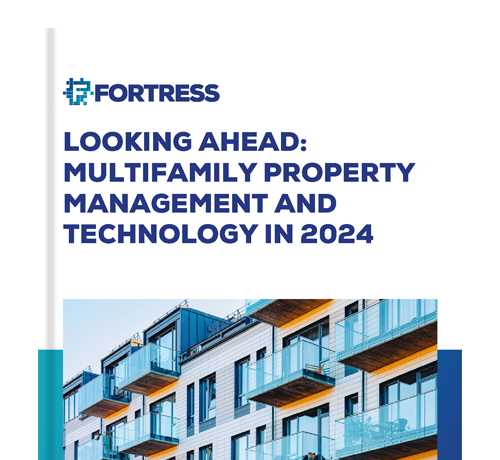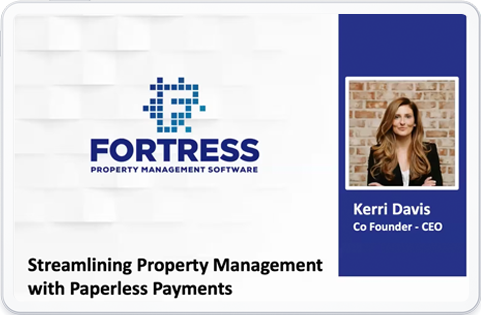Elmington Case Study
Elmington’s Centralized Operations Transformation with Purpose-Built Affordable Housing Technology
The Challenge: Decentralized Leasing and Compliance Bottlenecks
Managing affordable housing lease-ups is complex under the best of circumstances. For Elmington, a Nashville-based property management company overseeing more than 35,000+ units, the challenges looked a lot like what many affordable operators across the country face every day: coordinating multiple large lease-ups across states with decentralized property teams created inefficiencies, inconsistent compliance tracking, and big communication gaps.
Site staff were being stretched in every direction: juggling leasing, compliance, and resident engagement all at once. This fragmented structure resulted in:
- Slower lease-ups.
- Increased risk of noncompliance.
- Inconsistent documentation and reporting.
- Heavy staff workloads and high turnover.
- Frustration for applicants navigating an already complex process.
In practice, this meant:
- Applicants spent 3 to 7 days completing their initial application.
- Applications came back with 3–5 rounds of compliance corrections, significantly slowing down approvals.
- Application processing for move-in approvals took about two weeks, often requiring in-person resubmissions.
- New staff had to be regularly trained on the compliance process, adding delays and increasing operational costs.
Because affordable housing programs demand strict adherence to rules and regulations, even minor errors led to major delays. Over time, the decentralized structure created bottlenecks that hindered Elmington’s growth, pushed teams to the brink, and left applicants waiting far too long for a place to call home. Elmington recognized that without a new model, these recurring challenges would persist.
The Solution: Centralized Operations + Fortress OS AffordaPortal
Elmington launched a Corporate Centralized Operations team to manage all affordable leasing functions across their portfolio. At the center of this restructuring was Fortress OS’s Affordaportal, a purpose-built, TurboTax-style application designed to guide residents through the affordable housing process.
The system delivered:
- Guided application flows customized to program requirements.
- Automated credit checks through TransUnion.
- Upfront document collection to reduce missing items.
- Centralized compliance tracking, providing real-time visibility into application status.
By centralizing operations, applications were handled by a single specialized team, ensuring consistency, accuracy, and scalability. Site staff were freed from administrative burdens and empowered to focus more on what matters most: resident engagement and retention.
Implementation From Pilot to Scale
Developing Affordaportal Version 1 took over a year, with collaboration from corporate teams, property managers, compliance experts, and Fortress OS engineers. Elmington piloted the system across three properties, gradually transferring leasing responsibilities to the Centralized Operations team.
Key implementation steps included:
- Mapping and redesigning processes with input from on-site and corporate teams with input from on-site and corporate teams
- Controlled beta testing at pilot properties to refine workflows.
- Continuous feedback loops from staff and applicants.
- Real-world testing with applicants to make sure the guided flow was simple and accessible.
This deliberate rollout gave Elmington time to refine the model before expanding across the portfolio.
Outcomes: Efficiency, Accuracy, and Resident Experience
Even in its pilot phase, the impact was clear:
- 50% of applicants now complete their application through AffordaPortal in one sitting.
- File errors reduced by 75% by implementing standardized leasing processes.
- File approval times shrank from two weeks to three days - sometimes less than 24 hours.
- Automated workflows lightened staff workload, increasing applicant satisfaction and decreasing site team turnover.
- Applicant response times went down from 2 hours to just 12 minutes, eliminating frustration and streamlining the experience.
The result: Elmington is able to lease quicker and move in residents faster, with fewer staff, and with greater compliance confidence, all while improving the resident experience.
What We Learned
- Adaptability matters. The pilot revealed the need to expand Affordaportal with additional state- and program-specific forms, affidavits, and HUD/RD questions. These are now being incorporated into Version 2.
- Automation doesn’t replace staff, it empowers them. Compliance staff now focus on high-value exceptions instead of repetitive, redundant reviews.
- Scalability requires collaboration. By co-developing with Fortress OS, Elmington ensured the system was grounded in real operational realities, not just theoretical workflows.
Innovation and Forward-Looking Impact
By centralizing affordable leasing and adopting tailored technology, Elmington has created a scalable, resilient model that directly addresses staffing shortages and compliance complexity in affordable housing.
This transformation has:
- Lowered operational costs by cutting out redundant work.
- Increased property NOI by reducing vacancy loss.
- Improved resident outcomes with faster, clearer leasing.
- Created a model that other operators can replicate.
Looking ahead, Elmington and Fortress OS are expanding AffordaPortal to include broader compliance programs and integrating it more deeply into the compliance approval process by using AI to pre-qualify and certify applicants. The vision is clear: a future-ready leasing system that supports affordability, reduces risk, and helps housing providers bring affordable units to applicants faster.
Conclusion
Elmington’s case demonstrates what’s possible when organizational restructuring meets purpose-built technology. By reducing file approval times by 75%, and freeing staff to focus on residents, Elmington has redefined what efficiency looks like in affordable compliance operations.
With AffordaPortal, the application process has been transformed. What once took applicants days or even weeks to complete on paper now takes less than an hour online. Processing, previously a two-week back-and-forth of forms and compliance corrections, is now completed in under a week- and often in just 24 hours. Instead of requiring three to five rounds of corrections, most applications are now approved on the first submission or with just one quick revision.
The takeaway is simple but powerful: modernizing compliance isn’t just possible, it’s essential. And for operators focused on both business growth and resident stability, it’s the new standard.
Companies Powered by Fortress









Built Resources for You


